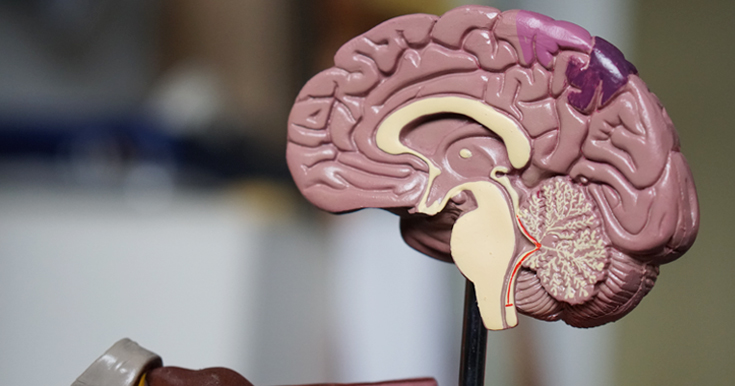
Understanding Brain Tumour – Signs, Symptoms and Myths
The human body is controlled by one of the most complex and largest networks of nerves – the brain. Understanding the functioning of the brain is vital to decoding brain tumours. It can be an overwhelming experience, courtesy: the sea of information available. In this piece, we have simplified the definition, listed down the myths and stated the facts.
To begin with, a brain tumour is a mass or growth of unnatural cells in any part of the brain.
Tumours can be broadly categorised into two – noncancerous (benign) tumours and cancerous (malignant) tumours. The cancerous tumours are more complex and can vary in size and implications. In rare cases, the sensitivity and balance of the nerves are compromised resulting in headaches, blindness, facial paralysis, etc. Owing to technology and advancements in medical science, brain tumours can be treated through surgeries and radiation.
Signs & Symptoms of Brain Tumour
The signs and symptoms of brain tumours are dependent on the location of the tumour. This mainly happens because the position determines the complexity of the tumours – some might directly affect the brain tissues while some may affect the peripheral nervous system.
Since different parts of the brain control different parts of the body, the symptoms also differ.
However, some of the common brain tumour symptoms are:
- Seizures
- Speech or hearing impairment
- Vision issues
- Issues in balancing, walking due to numbness in the arms and legs
- Problems with memory, personality changes
- Weakness, nausea and vomiting
To be noted: The symptoms can result from various conditions and don’t necessarily mean you have a tumour. It is strictly recommended to consult with a doctor to assess and process.
Common Myths & Facts
Myth: All non-cancerous (benign) brain tumours are harmless
Understanding the difference between non-malignant and malignant brain tumours can be difficult depending on its grade and stage. What is important to note is some non-malignant tumours can be as serious as the malignant ones. This occurs when the tumour is located in an inaccessible location, such as the brain stem. Thus, even non-cancerous tumours may cause harm if it goes untreated.

Myth: The signs and symptoms of all brain tumours are identical.
The most common and untrue myth that circles around brain tumours is this one – similar symptoms. Different people have different journeys to diagnosis – some may have no symptoms that indicate it is a tumour while others may have grave symptoms.
Myth: A non-malignant brain tumour does not require chemotherapy.
There are a host of factors that are to consider when it comes to chemotherapy. For example, any person’s age and overall condition, and the location and size of the tumour play an important role in determining if chemo is required. In most non-cancerous cases, it is usually not required, but exceptions are always there.
Myth: Once a patient finishes their treatment plan, life goes back to ‘normal’.
For some patients, there comes a day when active treatment ends. That day can bring with it numerous mixed feelings, relief, happiness, anxiety but also uncertainty. The end of treatment does not mean the end of the experience of having a brain tumour and the person may need to adapt to a “new normal” depending on long-term effects the person may have from treatment.
Myth: Brain tumours are rare and do not affect young people.
The number of brain tumours cases in children under the age of 20 has now surpassed leukaemia. Tumours are the third leading cause of cancer deaths in young adults between the age of 20-39. Secondary brain tumors are common than primary brain tumors – cancer begins elsewhere and spreads to the brain.
Myth: Brain Tumours are caused by cell phones and microwaves

Physiologically speaking, this myth makes zero sense as the studies have proved that radio frequency radiation (RFR) affects the skin first and a long way before reaching the brain. Calcium is the best absorber of radiation and thus, the skull protects the brain from the radiation to enter.
Neurosurgery is the medical branch that addresses the conditions related to the brain, spinal cord, and nervous system through surgical procedures. ILS Hospitals is all set with expert neurosurgeons to offer extensive treatment along with Surgical Management of Pain that interferes with the everyday life of the patient. To know more, visit www.ilshospitals.com










